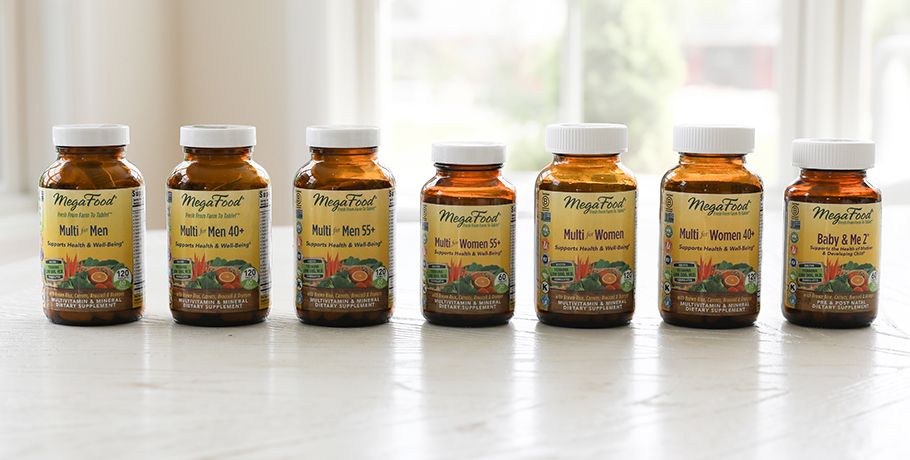
What is Vitamin A?
Vitamin A, also known as retinol, is a fat-soluble vitamin that plays an essential role in several bodily functions. It is crucial for maintaining good vision, especially in low light, and helps protect the surface of the eye. Vitamin A is also vital for strengthening the immune system, maintaining healthy skin and mucous membranes, and supporting cell growth and reproduction. Since the body cannot produce Vitamin A naturally, it is important to obtain sufficient amounts through diet or supplements.
Is Vitamin A found in food?
Yes, Vitamin A is present in a variety of foods from both animal and plant sources. Common dietary sources of Vitamin A include:
- Liver (richest source)
- Fatty fish like salmon and mackerel
- Butter and cheese
- Eggs
- Milk and dairy products
- Carrots, sweet potatoes, pumpkin, and other orange or yellow vegetables
- Dark green leafy vegetables like spinach and kale
Can you overdose on Vitamin A?
Yes, it is possible to overdose on Vitamin A because it is fat-soluble and stored in the body. An overdose of Vitamin A can lead to hypervitaminosis A, which may cause symptoms such as:
- Headaches
- Nausea and vomiting
- Fatigue
- Dizziness
- Constipation or diarrhea
- Skin problems
- Bone and joint pain
- Increased risk of fractures
The UL (Upper Level or Tolerable Upper Intake Level) is a term used in nutrition science to indicate the highest daily amount of a nutrient that can be consumed without risking negative health effects. The UL for Vitamin A is 10,000 IU (3000 µg RAE) per day for individuals who do not eat liver and 5000 IU (1500 µg RAE) per day for those who consume liver regularly. It is important to follow recommended dosages and avoid overdosing on Vitamin A.
How much Vitamin A do you need?
The daily requirement for Vitamin A varies depending on age, gender, and lifestyle. Here are some general recommendations:
- Infants (0–6 months): 400 micrograms (mcg) RAE (Retinol Activity Equivalent) per day
- Infants (7–12 months): 500 mcg RAE per day
- Children (1–3 years): 300 mcg RAE per day
- Children (4–8 years): 400 mcg RAE per day
- Children (9–13 years): 600 mcg RAE per day
- Teenagers and adults (14+ years): 700–900 mcg RAE per day for women and 900 mcg RAE per day for men
- Pregnant and breastfeeding women have an increased need for Vitamin A and should follow their doctor’s recommendations.
What is Retinol Activity Equivalent (RAE)?
RAE stands for Retinol Activity Equivalent, a measurement used to compare the biological activity of different forms of Vitamin A. RAE accounts for the fact that Vitamin A exists in various forms, such as retinol (from animal sources) and carotenoids (from plant sources).
For example, 1 microgram RAE of Vitamin A is equivalent to:
- 1 microgram of retinol (from animal sources)
- 12 micrograms of beta-carotene (from plant sources)
- 24 micrograms of alpha-carotene or beta-cryptoxanthin (other carotenoids from plant sources)
What is Vitamin A good for?
Vitamin A is beneficial for functions such as the immune system, vision, and iron metabolism, as well as the following:
- Vitamin A plays a role in the cell specialization process.
- Vitamin A contributes to the normal function of the immune system.
- Vitamin A helps maintain normal mucous membranes.
- Vitamin A helps maintain healthy skin.
- Vitamin A supports normal vision.
- Vitamin A aids in normal iron metabolism.
Vitamin A and Skin
Vitamin A is an essential nutrient that plays a central role in skin health and function. Known for its powerful antioxidant properties, it helps protect the skin from damage caused by free radicals and external factors such as UV radiation and pollution. Additionally, Vitamin A supports the cell renewal process, promoting the formation of new skin cells and improving skin texture and elasticity. Vitamin A is often used to treat acne as it can reduce sebum production and inflammation in the skin. Furthermore, it helps reduce the appearance of fine lines and wrinkles by stimulating collagen production, resulting in firmer and smoother skin.
Vitamin A and Pregnancy
Swedish guidelines recommend a daily intake of 800 micrograms retinol equivalents (RE) of Vitamin A during pregnancy. In the United States, the equivalent recommendation is 750 micrograms RE per day. Swedish guidelines also advise pregnant women not to exceed 1 mg (1000 micrograms) RE of Vitamin A per day from supplements unless otherwise prescribed by a doctor.
Symptoms of Vitamin A Deficiency
A deficiency in Vitamin A can lead to various symptoms, including:
- Impaired night vision
- Weakened immune system
- Dry skin
- Loss of appetite
- Growth issues in children
Multivitamins Containing Vitamin A
All our multivitamins contain Vitamin A in the form of beta-carotene.
Sources & References
Livsmedelsverket: https://www.livsmedelsverket.se/livsmedel-och-innehall/naringsamne/vitaminer-och-antioxidanter/a-vitamin
Dawson MI. Curr Pharm Des. 2000 Feb PMID: 10637381.
